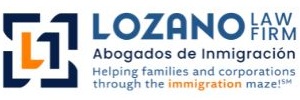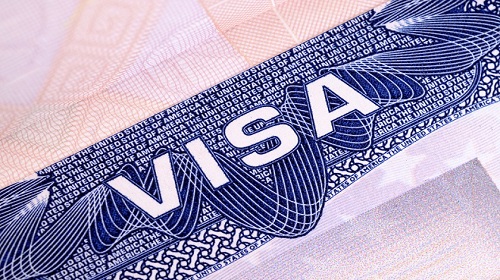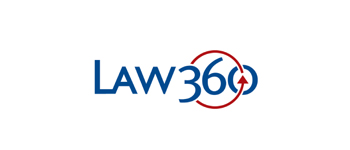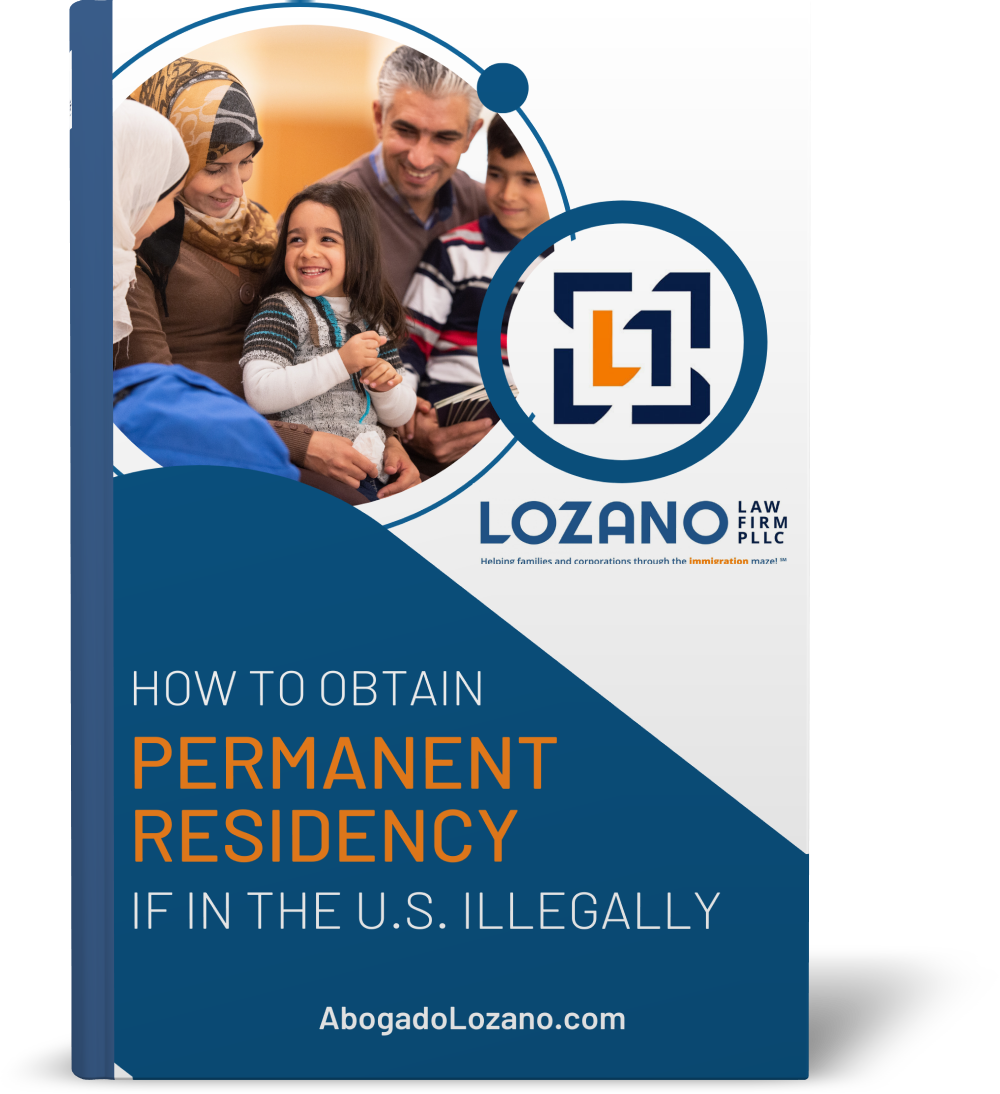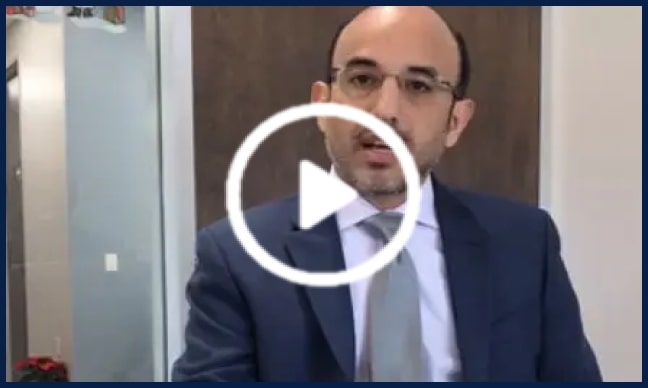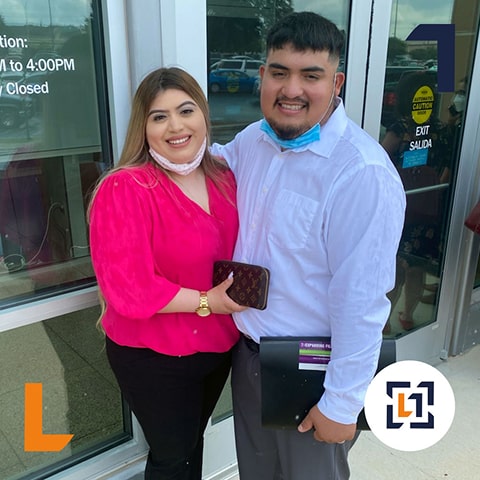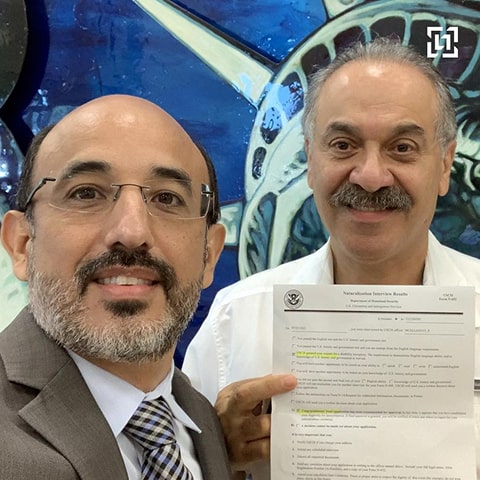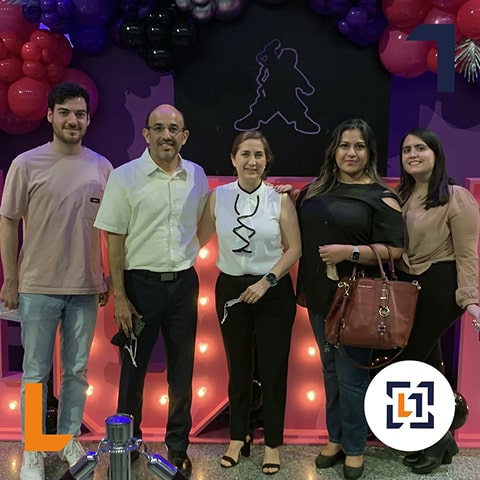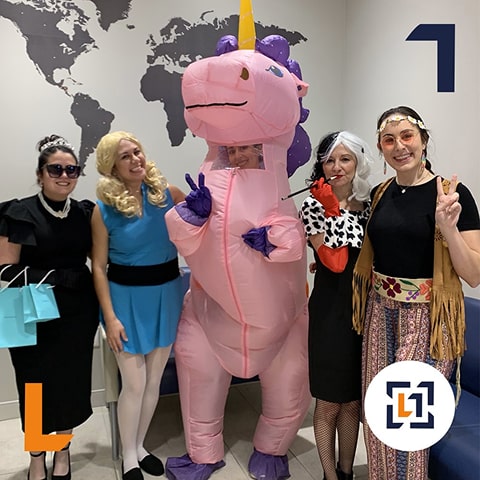Investor Visas allow citizens of countries with commercial agreements with the United States to expand their businesses or grow professionally. They offer a strategic pathway to fulfilling your professional growth and entrepreneurial goals. An Investor Visa attorney can help you whether your interests lie in international trade and investment or if you’re a professional under NAFTA.
Dive into the complexities of Investor Visas and discover their classifications. With recent adjustments in fees and policies, keeping informed about these developments has become more critical.
Get Assistance From An Investor Visa Attorney
Navigating the immigration system’s various pathways and regulations can be daunting. In this situation, the services of an immigration lawyer become crucial. Their guidance can make a difference in the outcome of your case. You can enjoy several advantages when working with them.
Handling Investor Visa Processes
Investor Visa applications are intricate, each with unique requirements and eligibility criteria. An immigration attorney caters to these and ensures your application aligns with your business objectives or professional ambitions. They can present the correct paperwork for you, streamlining the process.
Obtaining an Investor Visa involves much more than simply completing forms and collecting documents. It’s crucial to have a compelling story that links your personal and professional goals to the specific purpose of the Visa. As outlined in agreements like NAFTA, you must show if it’s for trade, investment, or employment.
Any errors or inaccuracies in the application can result in significant delays or even outright denials. Thus, a skilled and competent Investor Visa attorney ensures a seamless application.
Guidance Through Complex Immigration Pathways
Choosing the right immigration pathway can be overwhelming due to the available options. An immigration attorney helps identify the most suitable Visa category based on your situation. It is whether you’re an entrepreneur, investor, or professional.
Attorneys guide you through each step by clarifying the various pathways, such as family-based, employment-based, and Student Visas. Attorneys ensure you understand each option’s nuances, helping you make wise decisions about your immigration journey.
The Advantages Of Legal Competence
A skilled immigration attorney simplifies complex legal processes and is adept at spotting and correcting potential errors. They know the latest immigration rules and procedures, vital in this ever-evolving landscape. Engaging them allows you to concentrate on your career or business endeavors without the added stress of legal complexities.
Further, legal support enhances the likelihood of a successful Visa application. It provides you peace of mind, knowing that your case is in knowledgeable and capable hands.
Know About Investor Visa & Its Classifications
Investor Visas are a nonimmigrant Visa category that allows individuals from particular countries to enter the United States. They utilize this immigration document to engage in international trade or investment activities. These legal papers are based on treaties of commerce and navigation between the United States and the individual’s home country.
Countries like Japan, Germany, Australia, and Canada, among others, have such treaties with the United States. With these agreements, their nationals can pursue business ventures and employment opportunities in the country. You can utilize two types of Investor Visas: the E-1 and E-2.
E-1 Visa: Treaty Trader
The E-1 treaty trader Visa is tailored for nationals from countries with a commercial treaty with the United States. It’s intended for those engaged in significant and ongoing international trade encompassing goods, services, or technology. To qualify, applicants must prove that over half of their home country’s global trade volume is with the United States.
The key to the E-1 Visa is substantial trade, sufficient to maintain a consistent flow in volume and monetary value. There is no specific minimum for each transaction. However, the trade must demonstrate a considerable amount, especially for smaller businesses where the aggregate value of numerous transactions is crucial.
Qualified treaty traders and their employees are initially allowed a maximum stay of two years. They can have extensions of stay in, or changes to, E-1 classification in increments of up to two years each. No set limit exists for the number of extensions given to E-1 nonimmigrants as long as they meet eligibility requirements.
E-2 Visa: Treaty Investor
The E-2 Visa is available to nationals from countries with a commerce and navigation treaty with the United States. It allows these individuals to enter the United States to invest substantial capital in a bona fide U.S. enterprise. A bona fide enterprise is an active commercial or entrepreneurial venture producing services or goods for profit, adhering to all legal business requirements.
Essential eligibility requirements for the E-2 Visa include:
- Nationality: Applicants must be nationals of a treaty country.
- Substantial Investment: Investors need to commit a significant amount of capital to a legitimate U.S. enterprise. This investment should be relative to the total cost of starting a new enterprise or purchasing an existing one. It must also be enough to guarantee their commitment to the successful operation of the business.
- Development & Direction: Investors should primarily seek entry into the United States to develop and direct the enterprise. They can demonstrate this by owning at least 50% of the business or having a managerial position or similar means.
- Legitimate Source: The capital must generate a profit and obtained legally.
If the treaty investor is in the United States under a legal nonimmigrant status, they can submit Form I-129, Petition for Nonimmigrant Worker. You use it to seek a status change to E-2 classification. On the other hand, if you are applying outside the United States, you must submit form DS-160 or the Online Nonimmigrant Visa Application.
When transitioning from investment-oriented Visas, it’s also essential to consider professional opportunities under specific trade agreements. If you are a Canadian or Mexican national, another way to take and grow your professional career in the United States is through a TN Visa.
Check Out TN Visa For NAFTA Professionals
The TN Visa stands for “Trade NAFTA,” referring to the North American Free Trade Agreement between the United States, Canada, and Mexico. This agreement allows professionals such as engineers, lawyers, scientists, and teachers to work in the United States.
The TN Visa category facilitates Canadian and Mexican citizens’ entry to the United States and engages in professional business activities. These activities include international banking, transportation, advertising, accounting, and more. Under the TN Visa, eligible professionals from Mexico and Canada can work in the United States in prearranged business activities for U.S. or foreign employers.
Notably, the United States-Mexico-Canada Agreement (USMCA) replaced the NAFTA agreement as of July 1, 2020. The TN Visa category continues with the same introductory provisions. Under this agreement, professionals must meet the qualifications and requirements set forth.
Documentation For TN Visa Application
Mexican citizens who seek entry into the United States as nonimmigrants must obtain a TN Visa. Applicants must apply directly to a U.S. embassy or consulate in Mexico. The required documents for a TN Visa application generally include:
- Proof of citizenship.
- A detailed offer of employment from a U.S. employer in a profession that qualifies under the TN category.
- Relevant academic or professional credentials.
Employers in the United States must file Form I-129, the Petition for a Nonimmigrant Worker, for employees seeking TN status. They will submit it to the U.S. Citizenship and Immigration Services (USCIS).
How The Application Process Works
For Canadian nationals, the TN Visa application process is generally straightforward. They can apply directly at a U.S. port of entry with the required documentation. These applicants can include proof of Canadian citizenship and an offer of employment in a TN-eligible profession.
On the other hand, Mexican nationals must obtain a TN Visa at a U.S. consulate or embassy before entering the United States. In this scenario, the U.S. employer’s petition (Form I-129) becomes necessary to support the Visa application process. This form helps to establish the legitimacy of the employment offer and the qualifications of the Mexican employee.
Partner With Lozano Law Firm
Lozano Law Firm distinguishes itself by its competence in navigating the complexities of immigration law. Its team handles E-1, E-2, and TN Visa applications and brings years of experience, skills, and a proven track record of success.
The attorneys at Lozano Law Firm are deeply knowledgeable in immigration law, ensuring personalized care in every application. They excel in understanding each client’s needs and crafting strategies aligning with individual goals and objectives. The firm’s commitment extends beyond the application process, offering comprehensive support and guidance.
Working with the law firm means gaining a partner committed to your success in the U.S. immigration system. Its dedicated team provides thorough consultations and legal services, guiding you confidently toward realizing your American dream.
Summary
Investor Visas, encompassing E-1, E-2, and TN Visas, offer unique opportunities for international trade, investment, and professional growth in the United States. These immigration documents, integral to strengthening economic and cultural ties between the United States and treaty countries, are tailored for specific purposes.
The E-1 Visa facilitates substantial international trade, the E-2 caters to entrepreneurs investing in U.S. enterprises, and the TN document benefits professionals under NAFTA. With complexities abound, especially with recent policy changes, the competence of immigration attorneys becomes vital. Their guidance ensures compliance with legal requirements and increases the chances of a successful application.
San Antonio Investor Visa FAQs
Do I Need to Invest A Specific Amount For An E-2 Visa?
What Countries Qualify For The E-2 Visa?
Only nationals of countries with U.S. treaties are eligible. Mexico, Canada, and many European and Asian countries qualify; others do not. We confirm eligibility for clients in Texas and advise on possible alternatives, such as the EB-5 or L-1 visa.
Can I Bring My Family With Me On An Investor Visa?
Yes. Spouses and unmarried children under 21 can accompany you. Spouses may also apply for work authorization in the U.S. We help San Antonio investors prepare family-based applications alongside their primary E-2 or EB-5 case.
Can I Use A Loan Or Gift To Fund My Investment?
Yes, but the source of funds must be lawful, and you must demonstrate control over the funds. Documentation is critical. We guide investors through the source-of-funds audit process to satisfy USCIS or consular officers.
What Is A Regional Center & Should I Invest In One?
A regional center is a USCIS-approved entity that sponsors EB-5 projects. Investing through a center allows for indirect job creation, which can simplify compliance. We help Texas investors evaluate regional center offerings, ensuring legal structure and job creation goals are clearly met.
Can I Convert An E-2 Visa Into A Green Card?
Does My Business Need To Be Located In San Antonio Or Texas?
No, but many of our investor clients choose Texas for its business-friendly climate, tax advantages, and economic growth. We assist investors whether their venture is in San Antonio, Austin, Houston, or elsewhere in the U.S.
Can I Work For My Own Business On An Investor Visa?
Yes. Both E-2 and direct EB-5 investors can actively manage their enterprise. We ensure your business role, ownership interest, and employment terms are clearly described to meet visa requirements.
